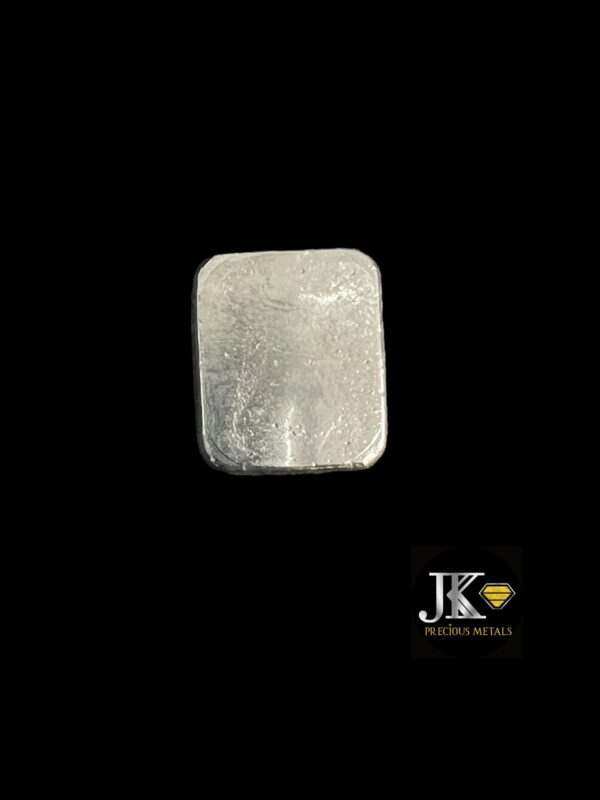



LMR 50g Silver Bar
LMR 50g Silver Bar
“Bullion” typically refers to precious metals that are in the form of bars, ingots, or coins, and are valued primarily based on their metal content rather than their numismatic value. The most common metals traded as bullion are gold, silver, platinum, and palladium.
Gold Bullion: Gold bullion comes in various forms, including bars, coins, and rounds. These items are typically made of at least 99.5% pure gold (24-karat). Gold bullion is often used as a hedge against inflation and financial uncertainty, and it is traded on various commodity exchanges worldwide.
Silver Bullion: Like gold, silver bullion is available in bars, coins, and rounds. Silver bullion is generally purer than silver jewelry, with a purity of at least 99.9%. It is also used as an investment and a store of value, and it has various industrial applications due to its conductivity and other properties.
Platinum Bullion: Platinum bullion is less common than gold and silver bullion but is still valued for its rarity and industrial uses. Platinum bullion bars and coins typically have a purity of at least 99.95%. Platinum is often used in catalytic converters, jewelry, and various industrial processes.
Palladium Bullion: Palladium is another precious metal used in bullion form. It is primarily used in catalytic converters, electronics, and jewelry. Palladium bullion is available in bars and coins, typically with a purity of at least 99.95%.
Bullion is bought and sold based on its weight and purity, with prices determined by supply and demand in the global market. Investors often purchase bullion as a means of diversifying their investment portfolios and protecting their wealth against economic downturns and currency fluctuations. Bullion can be bought from reputable dealers, banks, and online platforms specializing in precious metals trading.


Reviews
There are no reviews yet.